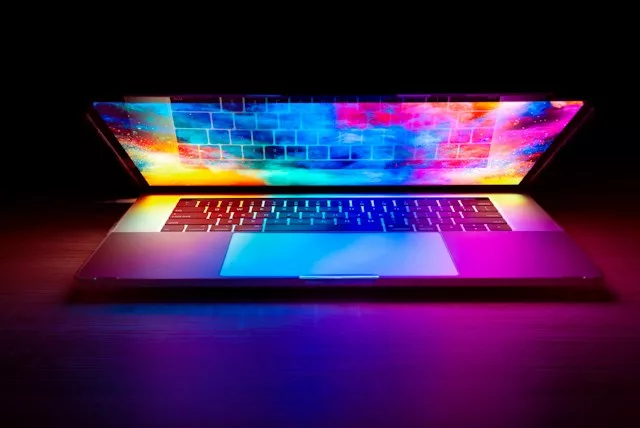In today’s dynamic world of mobile technology, laptops have become an integral part of our daily lives. With each passing year, we witness impressive advancements in electronics, and one of the most fascinating developments is the integration of Artificial Intelligence (AI) in laptops. This union promises a revolution in how we use our portable computers, enhancing efficiency, personalization, and interaction.
Personalization and User Adaptation
Laptops featuring artificial intelligence can better understand and predict user preferences. Machine learning algorithms analyze our work habits, computing styles, and even reactions to various applications. As a result, the laptop can tailor its operations, delivering a personalized user experience. For instance, if we frequently use specific programs at certain times of the day, the laptop can automatically adjust its resources to optimize performance while using those applications.
Speech Recognition and Eye Interaction
The application of artificial intelligence in laptops expands the capabilities of speech recognition and eye interaction. Advanced natural language processing algorithms now enable laptops to comprehend voice commands, making computer usage more intuitive. Additionally, eye-tracking technology allows the control of certain laptop functions through simple eye gestures. This opens up new possibilities for individuals with physical limitations and introduces a new dimension to human-computer interaction.
Autonomous Learning and Performance Optimization
Laptops with AI not only respond to our preferences but also learn from our experiences. Machine learning algorithms empower laptops to autonomously adapt to changing conditions and optimize performance. For example, if we frequently engage in resource-intensive tasks, the laptop can adjust system parameters to ensure smooth operation of applications.
Biometric Security
The integration of artificial intelligence in laptops introduces new levels of security. Biometric technologies such as facial recognition and fingerprint scanning are increasingly employed to secure access to laptops. AI-based systems can provide more advanced and secure authentication methods, eliminating the risk of unauthorized access.
Challenges and Future Perspectives
While laptops with AI bring numerous benefits, they also pose certain challenges, such as data privacy issues and ethical considerations regarding the use of intelligent systems. However, the dynamic development of AI technology also opens doors to limitless possibilities that can further revolutionize the way we use portable computers.
Laptops with artificial intelligence represent a fascinating step forward in the world of mobile technology. Through them, we experience a more intuitive, personalized, and secure working environment, making them incredibly attractive for contemporary laptop users. With upcoming innovations in artificial intelligence, we can anticipate even more advanced and exciting features in laptops that will shape the future of mobile technology.

